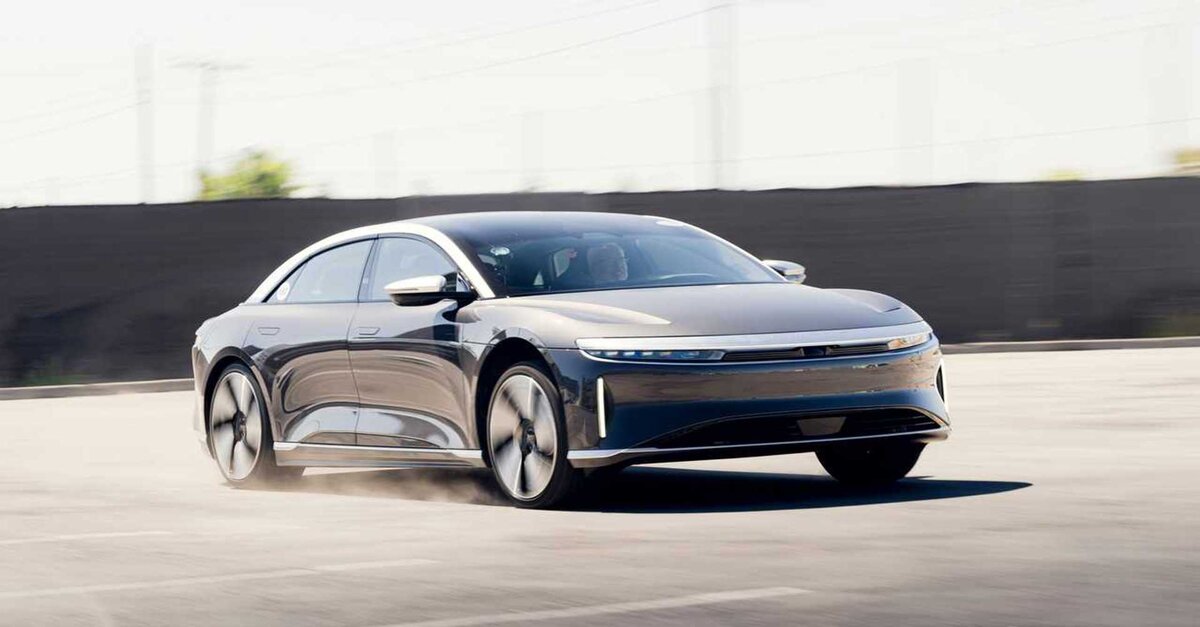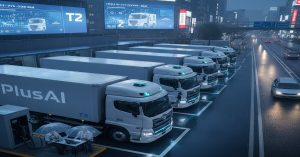General Motors Co. (GM) has entered into a supply agreement with Australia’s Element 25 Limited, securing up to 32,500 metric tons of manganese sulfate annually. This partnership aims to support the production of over 1 million GM electric vehicles (EVs) in North America. As part of the agreement, GM will extend a loan of US$85 million to Element 25 to support the construction of a new facility in Louisiana. The loan provided by GM will serve as financial assistance in the establishment of the facility, which is crucial for the production of battery-grade manganese sulfate. This loan highlights GM’s commitment to fostering the development of a robust and sustainable supply chain for electric vehicle (EV) production. The facility will focus on producing battery-grade manganese sulfate, a vital component in lithium-ion battery cathodes.
Element 25 plans to process manganese concentrate from its Australian mining operations to produce manganese sulfate at the Louisiana facility. The company intends to invest around US$290 million to build a 230,000-square-foot plant. Site preparation is scheduled to commence in the third quarter of 2023, with the plant expected to start operations in 2025. This facility will be the first of its kind in the United States, marking a significant milestone in domestic battery production capabilities.
In addition to securing the supply of manganese sulfate, GM has also announced direct investments in other key battery raw materials such as lithium and nickel, as well as investments in cathode active material (CAM) and CAM precursor. These strategic investments aim to ensure a stable supply chain and favorable commercial terms for GM’s expanding EV production in North America. Furthermore, they are expected to generate employment opportunities in the United States, Canada, and countries covered by free trade agreements, including Australia.
Doug Parks, the Executive Vice President of Global Product Development, Purchasing, and Supply Chain at GM, has highlighted the company’s dedication to expanding electric vehicle (EV) production and bolstering the battery industry. He emphasized that GM is taking significant steps to increase EV production in North America, surpassing the annual production of 1 million units. Furthermore, their direct investments in battery raw materials, processing, and EV components are ensuring a stable supply chain, advantageous commercial terms, and the creation of numerous job opportunities, particularly in the United States, Canada, and countries that have free trade agreements, including Australia.
Element 25’s Managing Director, Justin Brown, highlighted the significance of GM’s support in advancing their expansion in the United States. Brown expressed their ambition to become a leading source of high-quality, vertically integrated, traceable, and environmentally, socially, and governance (ESG)-compliant battery materials for the global EV industry. In reference to the partnership between GM and Element 25, Doug Parks stated, “Together, we are creating a resilient and sustainable North American supply chain that will help introduce millions of customers to the performance and environmental benefits of EVs.” This statement emphasizes the shared commitment of both companies to establish a supply chain that is not only robust but also environmentally conscious.
As part of its overall strategy, GM, along with its joint venture partners, plans to establish 160 gigawatt-hours (GWh) of battery cell manufacturing capacity in the United States. Furthermore, the company aims to facilitate the onshoring of permanent magnet production and other EV components to North America through its suppliers. These efforts underline GM’s commitment to building a robust and self-sufficient supply chain for the growing electric vehicle market.
The collaboration between GM and Element 25 represents a significant step toward strengthening the domestic EV industry in the United States. By ensuring a reliable supply of essential battery components and supporting the local production of materials, this partnership contributes to the growth of the electric vehicle market, job creation, and environmental sustainability.







